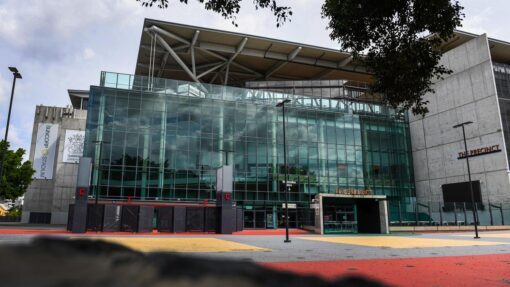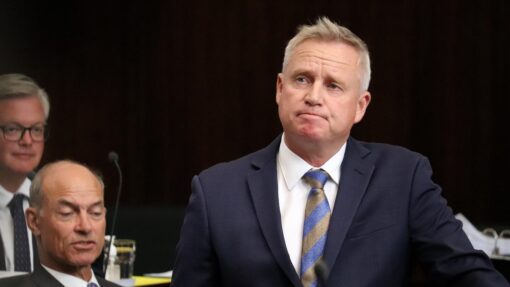Time for families to reunite: Qld Premier
Laine Clark |
The Queensland premier has thrown the welcome mat out for international visitors, saying it is “time for families to reunite” despite the state’s COVID-19 surge set to peak in coming weeks.
Queensland is set to open its international borders for the first time in two years, with quarantine for fully vaccinated overseas travellers to be ditched from 1am on Saturday.
“This gives certainty to the airlines, gives certainty to incoming travellers,” Premier Annastacia Palaszczuk said.
“We do believe now is the right time with our vaccination rate so high.”
Queensland’s COVID-19 surge is showing no sign of abating.
Another 11 deaths were announced on Wednesday along with 19,932 new cases, taking the state’s toll to 56 since domestic borders were reopened on December 13.
But the premier believes lifting international restrictions will help families come together during a tough time, ending years apart for some.
“Everyone knows someone who has a friend or relative who live overseas and some people have not seen each other for a couple of years,” she said.
“So it is time for families to reunite. The fact that we are going through a wave at the moment, it’s up to families to work out when they travel.
“We are going to reach our (COVID-19) peak in a number of weeks so this is good for forward planning.”
Double jabbed travellers will only have to take a rapid antigen test within 24 hours of arriving but it won’t be actively policed.
Health Minister Yvette D’Ath said on Wednesday quarantine would also be lifted for fully vaccinated international airline crew.
“As long as they do a (RAT) test on arrival, which is consistent with other jurisdictions,” she said.
Unvaccinated international travellers will still need to quarantine.
Queensland was set to ease international travel restrictions when it hit a 90 per cent full vaccination target.
Latest figures show 88.91 per cent of eligible Queenslanders are double dosed.
But Ms Palaszczuk said the time was right to open up the international border, playing down concerns overseas arrivals would dramatically increase Queensland’s daily case numbers.
“I am not too concerned about it. There is more virus circulating in Australia at the moment then there would be on a plane coming in from another country,” she said.
“They’re probably more likely to catch the virus in Australia at the moment.”
However, Ms Palaszczuk was worried about the Gold Coast before it welcomed back international tourists.
She said the tourist strip’s first dose vaccination rate of 90.5 per cent did not stack up well with the state’s other popular destinations.
“I know I keep talking about the Gold Coast but I am concerned,” she said.
AAP


